Sign up to our mailing list for the best stories delivered to your inbox.
Whether it’s fiction or real life, these stories are of women choosing their own path.
WORDS VICTORIA CAREY
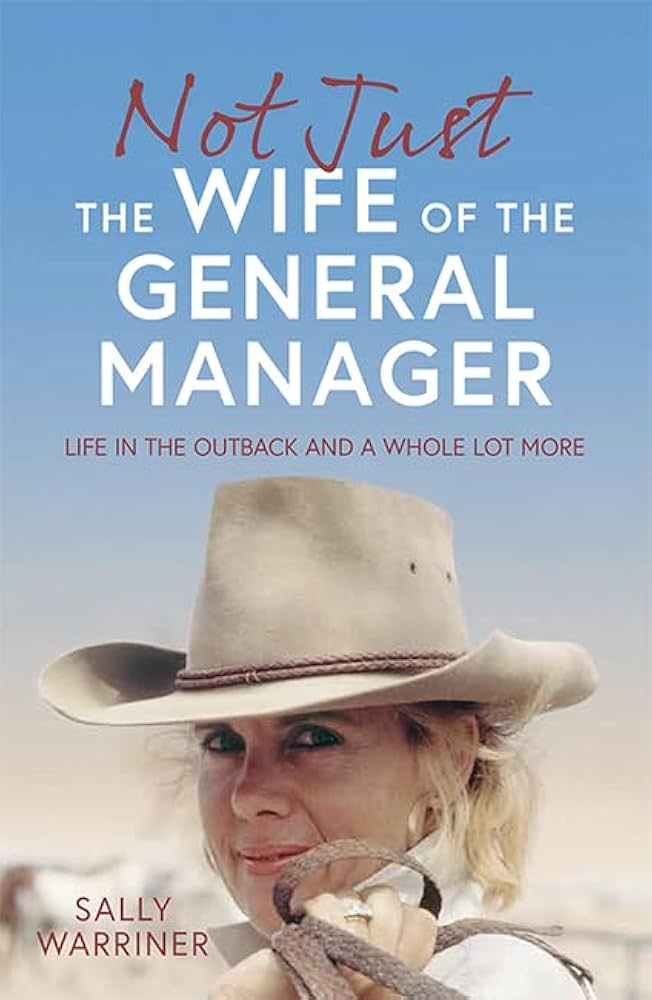
Not Just the Wife of the General Manager by Sally Warriner
Good news: Sally Warriner has plans for another book, because this talented story teller is not just Not Just The Wife of the General Manager, she’s also a good writer.
This absorbing memoir was prompted by a job reference Warriner had once given to a jillaroo. Years later, she was shown the handwritten letter again and saw that she signed it as the ‘Wife of the General Manager’. This reminder of her life on Newcastle Waters station, a vast 1 million hectare breeding property in the west Barkly region of the Northern Territory, was enough to get her to start writing the book.
Luckily for us, Warriner has always been a self-confessed scribbler. When this nurse finally left her husband, and the station, she wrote down some of her achievements during the 23-year marriage. It’s an impressive account and one I keep turning back to as I read. Here are a few small excerpts to give you an idea: “I was always a mediator in trivial disputes, the organiser of stock camp dinners at the homestead, the birthday cake cook for them all, the host for visits from parents, the psychologist, the physio, the nurse, the shoulder to cry on, the occasional secretary, and generally all things to all people.” Or “I have at different times sutured up cuts on all three youngest sons on the kitchen bench being held down by jackaroos. The sons, not the bench.”
But it was a 1996 visit by a journalist to Newcastle Waters that laid the building blocks for the next stage of Warriner’s life. “I waited for my interview. For any interest at all, in fact, about the home hearth, the hub, the nerve centre, the very soul of the operation. There was none,” she writes. “So I waited for the draft article…
“I read through five glowing foolscap pages of the GM’s remarkable achievements. Then, on page 3, para 4, I read: ‘His attractive and vivacious wife spends her time entertaining in the large and welcoming homestead, caring for her children, overseeing the upkeep of the extensive garden, and managing the domestic responsibilities of the station’.”
For Warriner, this insult was the beginning of the end and she eventually left Newcastle Waters four years later. She went on to update her nursing qualifications and then worked for Médecins Sans Frontières in Sierra Leone, Sudan and Bhutan. Today, at 72, she is still working as a nurse.
Refreshingly honest, this remarkable woman’s account of her outback life is hard to put down.
Over This Backbone by Ya Reeves
“Perhaps my tactic had not been wise — to let walking this track be the training for walking this track,” writes Ya Reeves in her debut book, charting the journey of a young woman along the Australian Alps Walking Track.
Determined to change her life and recover from a destructive relationship, 19-year-old Peta sets out to trek from Canberra to Walhalla in Victoria by herself. She nearly comes unstuck almost immediately due to badly fitting boots, but is rescued by her parents and continues with the walk. It may be fiction, but this author, who is an outdoor and environmental educator from Far East Gippsland, is clearly writing about a subject she knows intimately.
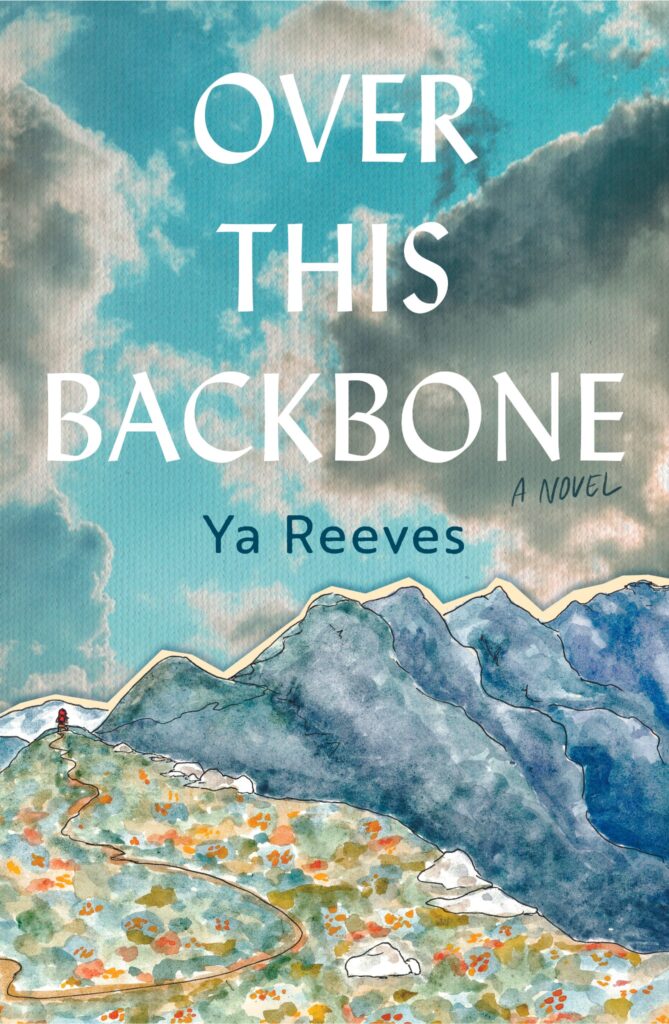
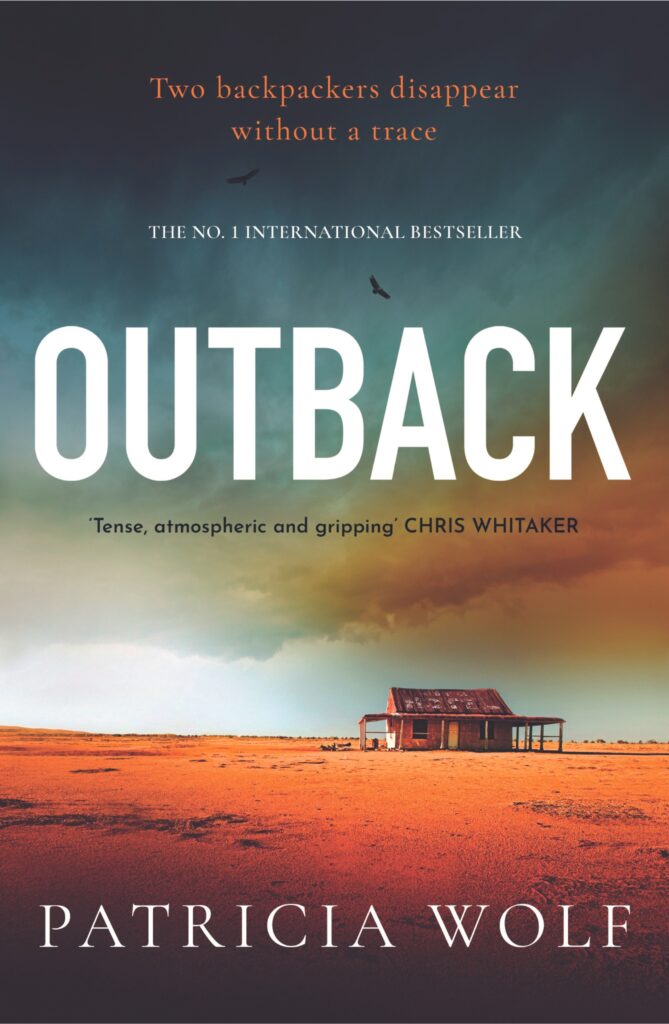
Outback by Patricia Wolf
Another debut fiction author, this time one with a crime thriller series.
Wolf, a journalist now based in Germany, grew up in Mount Isa and wrote the book after a roadtrip in her home country. The plot Two German backpackers go missing in the outback. DS Lucas Walker just happens to be on leave in the town, looking after his dying grandmother. He is soon joined in the search
by the girl’s sister, a detective from Berlin. If you liked Jane Harper’s The Dry, you will enjoy this book. Definitely one to take on holidays with you.
Devotional by Charlotte Wood
Set on the Monaro Plains, the latest novel from this Stella Prize–winning author is about a woman who leaves her marriage and goes to live in a closed order of nuns. Not believing in God or even knowing how to pray, her decision is one that her family and friends find difficult to understand.
Like her fictional narrator, Charlotte Wood grew up on the Monaro. “I wanted to write some stuff about my mother… The themes of the book are about returning to old ground so, when I thought about that, I thought about coming back here.” It was a decision that made the book feel very personal to Wood.
The narrator — we never learn her name — settles into life at the monastry and tries to come to terms with her grief over her mother’s death. It’s a powerful story, one that quietly takes you by surprise.
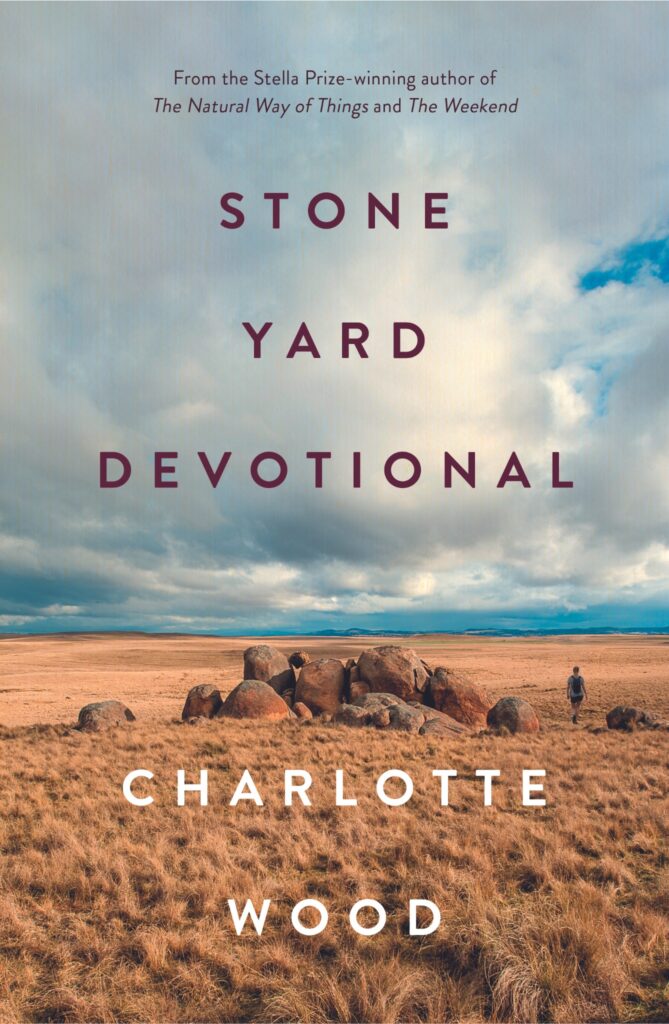

Lola in the Mirror by Trent Dalton
Trent Dalton’s latest book doesn’t disappoint — it’s another one of the gritty magical tales we have come to expect from the author of Boy Swallows Universe and All Our Shimmering Skies.
A girl and her mother are on the run and living in a Toyota HiAce van in a scrapyard near a river.
The pair have spent the past 16 years living in fear. Dalton, who spent nearly two decades writing about social affairs as a journalist, has filled the pages with stories of people living rough across Brisbane.
“It’s the product of sitting on a street corner for three books, watching people and asking them about love and loss and belonging,” he says. Does it sound like he may be talking about his earlier book, Love Stories? Well, he is, in a way: that earlier book was a research project for this new novel.
Salt and Skin by Eliza Henry-Jones
This skilled writer, who is also a flower farmer based in Victoria’s Yarra Valley, wrote her new novel after discovering the history of witch trials in the 17th century during a visit to Orkney, a group of islands off the northern tip of Scotland.
Australian photographer Luda Managan, the lead character, decides to move to a Scottish island, taking her two teenage children to the other side of the world in an effort to leave the tragedies of their drought-stricken farm and her husband’s death behind them.
Their new home is called the Ghost House by locals and its interior is carved with witches’ marks thought to protect its inhabitants from evil. Unfortunately, the Managan family continue to suffer misfortune.
Beautifully executed in what has become Henry-Jones’s trademark lyrical style, it’s a fairly complex story that in the end comes together well.
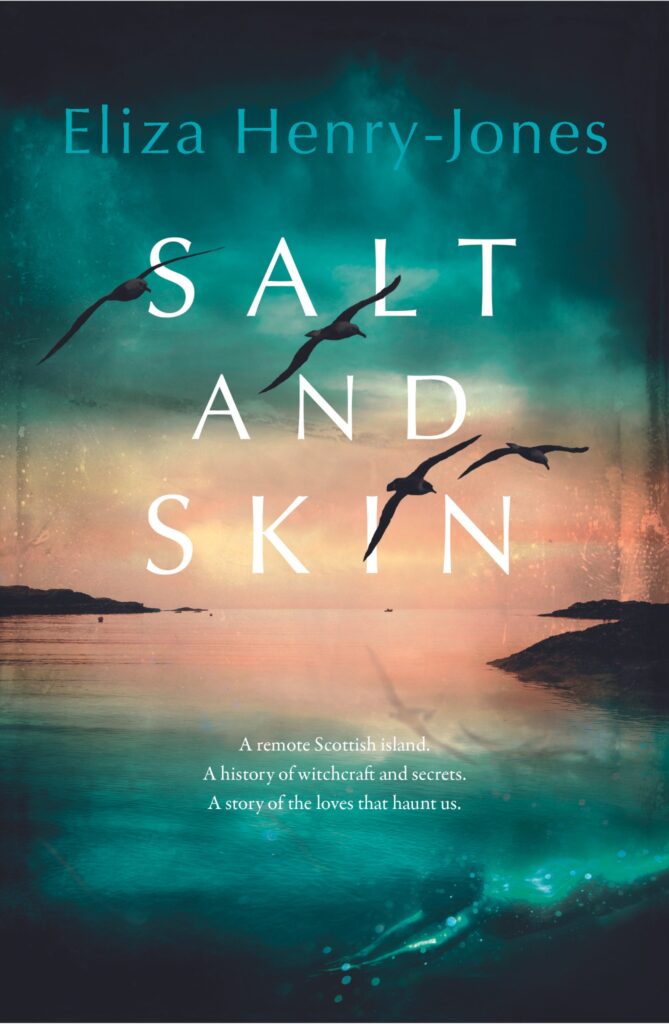
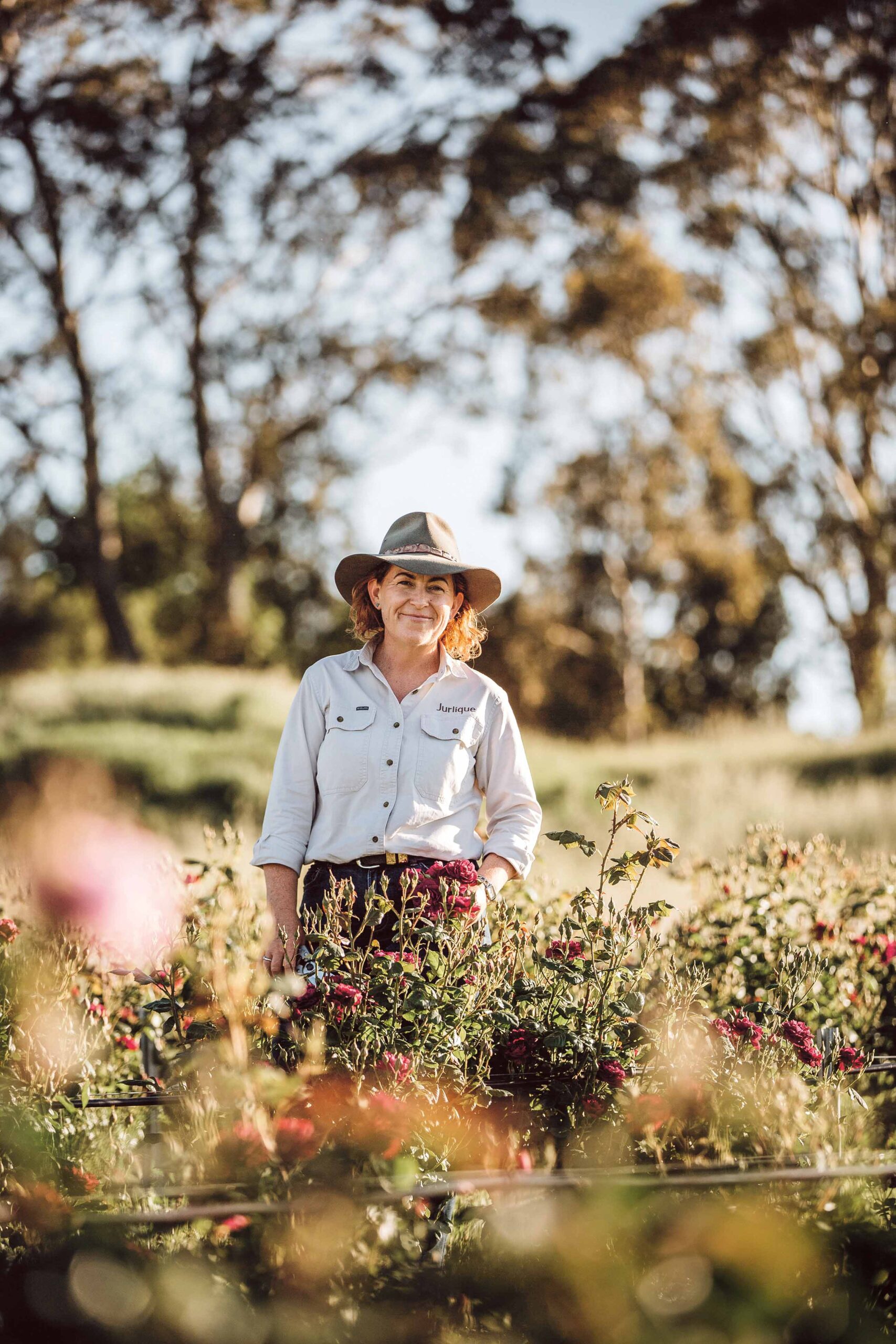
Raised on a dairy farm near Hahndorf, SA, farm manager Cherie Hutchinson has a deep love for the land she works on.

If you like the idea of a private plunge pool, mountain views and a glass of local verdelho, it’s time to start planning your Firebreak Farm escape.